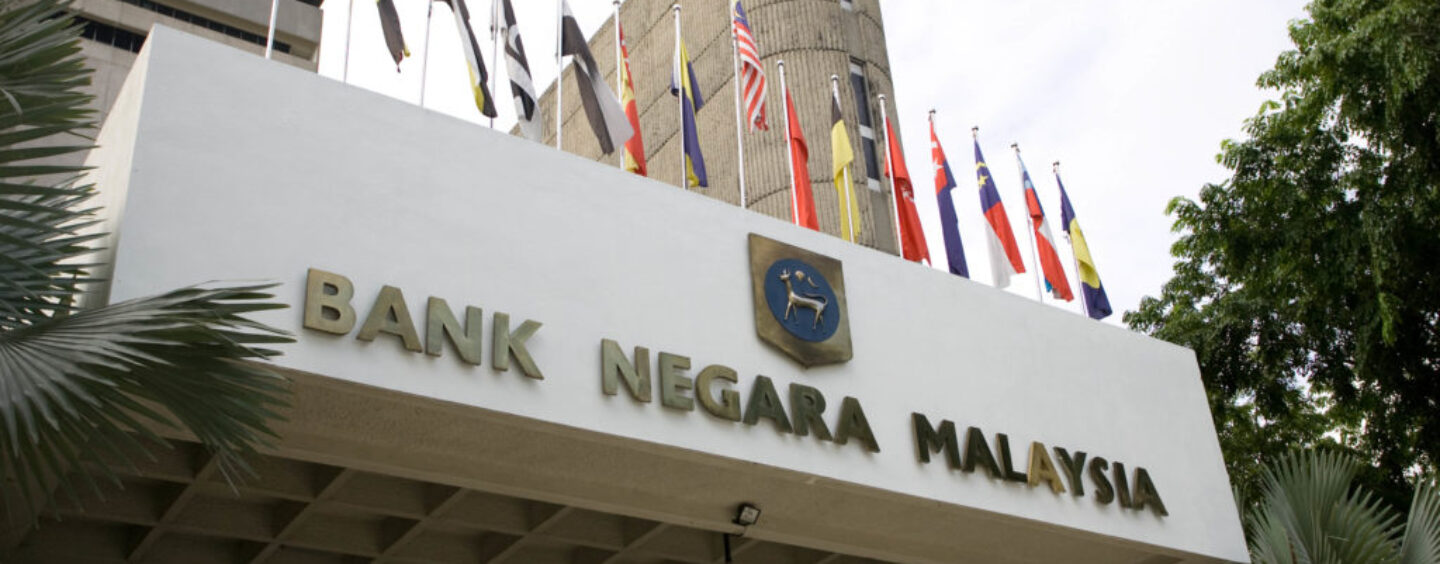
Bank Negara Malaysia To Issue up To 5 Digital Banking Licenses in 2022
by Fintech News Malaysia January 4, 2021Bank Negara Malaysia issued on 31st December 2020 the much anticipated digital banking framework, which followed a six month public consultation period. Plans for a digital banking framework was first announced in March 2019 and were initially scheduled to open for applications in mid-2020 but the development of the framework hit a snag due to disruptions caused by COVID-19.
Malaysia joins a growing number of countries in Asia who are each introducing their own version of a digital banking framework. In 2019, Hong Kong announced that they have granted 8 entities licenses to operate a digital bank which includes Chinese tech giants like, Ant Group, Tencent, Ping An and ZhongAn.
Meanwhile across the causeway, the Monetary Authority of Singapore issued 4 digital banking licenses to the Grab-Singtel consortium, SEA Group, Ant Group, a consortium comprising of Greenland Financial Holdings, Linklogis Hong Kong, and Beijing Co-operative Equity Investment Fund Management.
Similarly in the Philippines, Bangko Sentral ng Pilipinas has also made changes to its regulations to pave the way for digital banking in the country.
Bank Negara Malaysia said that the licensing framework was created to “enable innovative application of technology to uplift the financial well-being of individuals and businesses and foster sustainable growth” which includes expanding “meaningful access” and “promoting responsible usage of suitable financial solutions to unserved and underserved segments”.
The regulator added that the framework adopts a balanced approach to enable admission of digital banks with strong value propositions whilst safeguarding the integrity and stability of the financial system as well as depositors’ interests.
To achieve these outcomes, a simplified regulatory framework will be applied to digital banks during the initial stage of operations, commensurate with an asset threshold of not more than RM 3 billion for three to five years. This functions as a foundational phase for the licensees to demonstrate their viability and sound operations, and for the central bank to observe the performance of the licensed digital banks and attendant risks that arises from their operations.
Digital banks will be required to comply with the requirements under the Financial Services Act 2013 (FSA) or Islamic Financial Services Act 2013 (IFSA), including standards on prudential, Shariah, business conduct and consumer protection, as well as on anti-money laundering and terrorism financing. During the foundational phase, licensed digital banks will be subjected to a more simplified regulatory requirement relating to capital adequacy, liquidity, stress testing, Shariah governance and public disclosure requirements.
Submission of applications to conduct digital banking business or Islamic digital banking business shall be made to the central bank no later than 30 June 2021. Up to five licenses may be issued to qualified applicants. Notification on the grant of license will be made by the first quarter of 2022.
Prior to the release of the finalised framework players like Axiata, Grab, Sunway, AMTD, MyMy, Razer Fintech, Paramount Group, Green Packet and even state governments like Johor and Sarawak have each announced their intentions to bid for the license.






